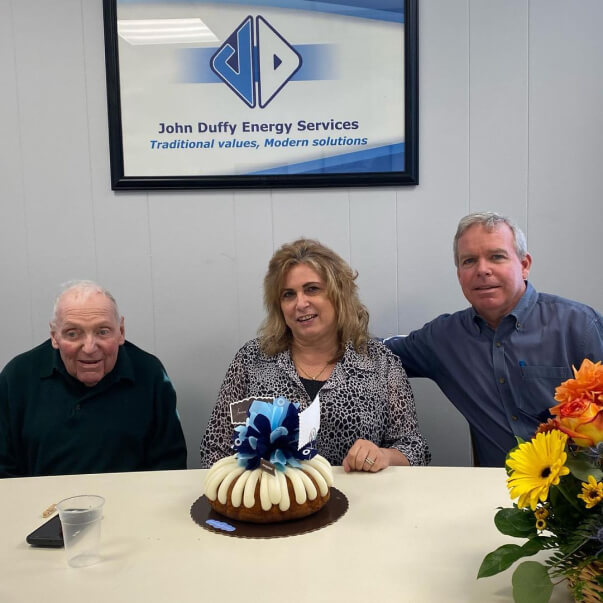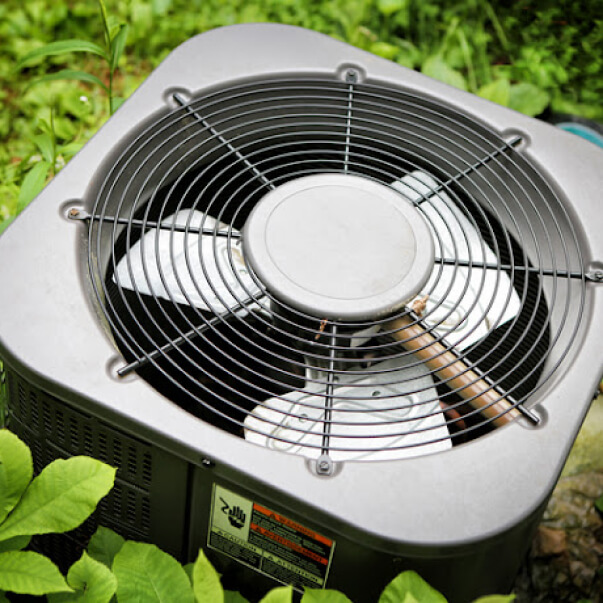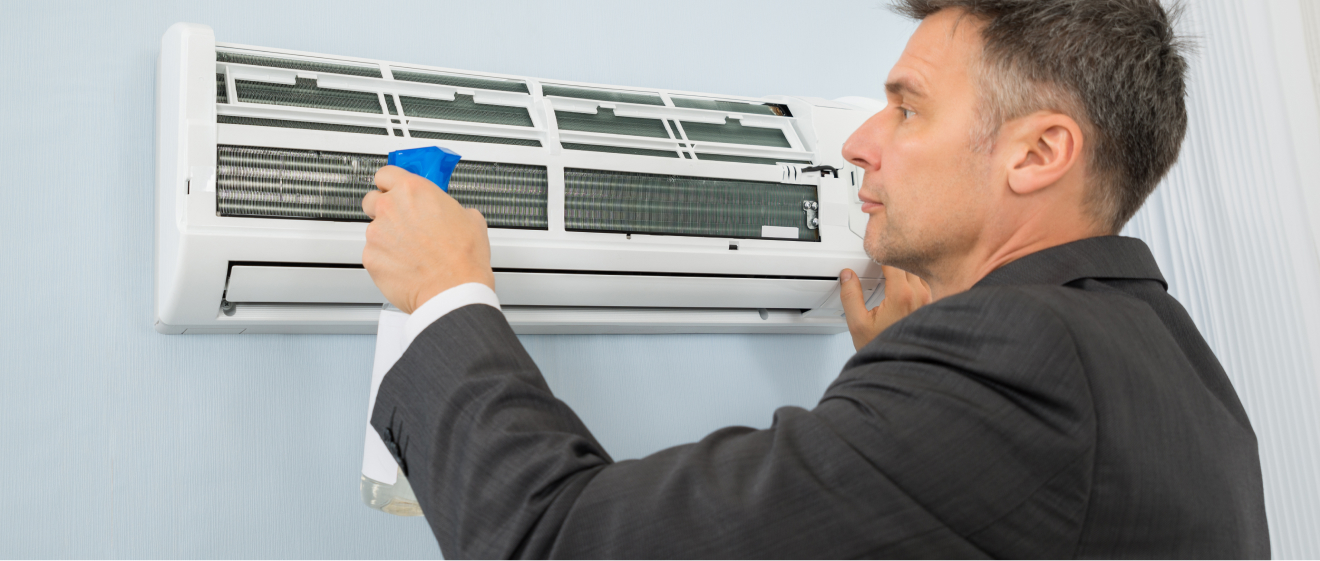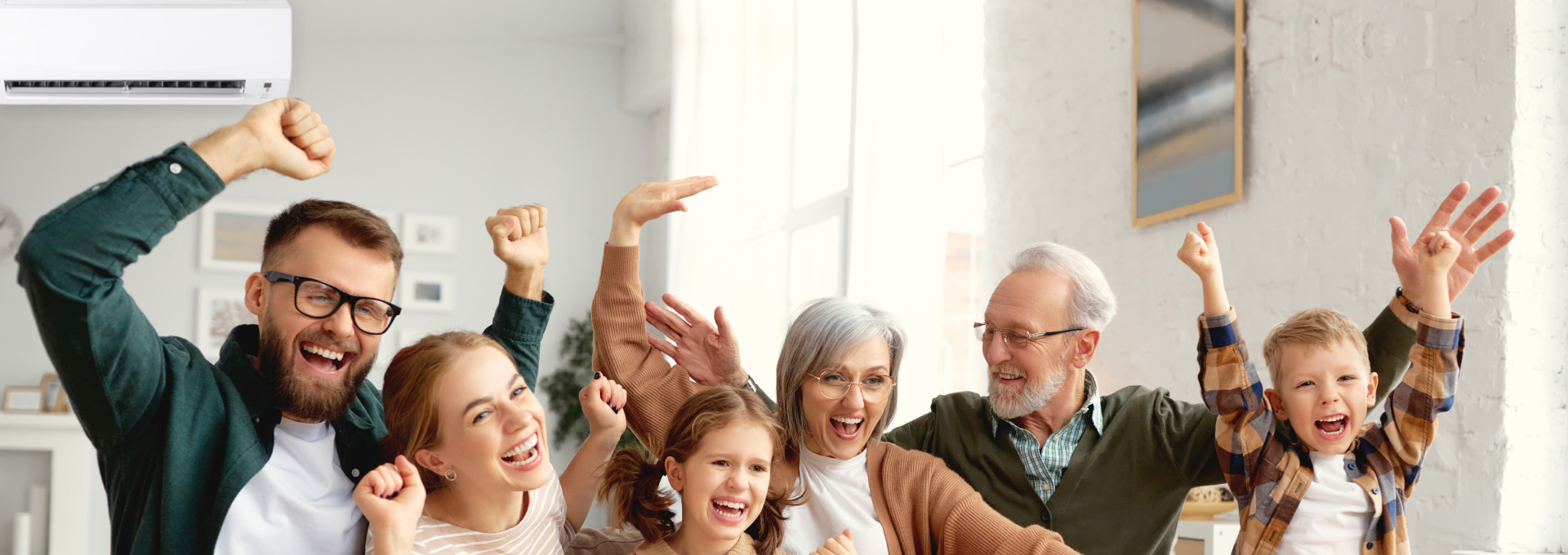


We Are Leading Authorities in Our Field
At John Duffy Energy Services, we’ve been experts in providing energy-related solutions and world-class customer service for more than a century.
Our customers throughout the New Jersey area now regard us as authorities in our field, which is why so many come to us with questions and general inquiries about energy consumption, fueling procedures, and the best practices for keeping energy or fuel costs low.
Whether you want to learn more about federal tax credit opportunities or are curious about energy-saving tips, we aim to provide you with all the valuable information and resources you need. Explore some of our online resources, and, if you have any further questions, contact a John Duffy Energy Services representative today.

Rebates A Dollar Saved…


Save With Rebates and Tax Credits
Becoming energy efficient by investing in first-rate heating and cooling systems offered by John Duffy Energy Services gives you different ways to save money. In addition to keeping your energy bills low, there are various local and federal tax credits and manufacturer rebates that you may benefit from owing to your smart investment. With over a hundred years of providing peerless customer service, we are devoted to helping you make smart investments, and we want to assist you in saving money however you can.
You may get up-to-date information about tax credits and rebate offers that might apply to your recent or upcoming John Duffy Energy Services purchase by contacting us.

FAQs Frequently Asked Questions


Air Conditioning, Heating Systems, and More
John Duffy Energy Services is one of central and northern New Jersey’s leading names in energy, home heating, fueling, and HVAC services.
We get a lot of questions about air conditioning, heating, HVAC, general energy, fueling, and other related topics. Here are some of the more common ones, along with their answers. If you don’t find your question here, feel free to contact John Duffy Energy Services now. We might just add it to our FAQs page.
It varies depending on the type of filter you have. If you have cheaper, disposable filters, we recommend changing them every 30 days. If you have pleated, or poly, filters, we recommend changing them every 90 days. Media filters or Clean Effects filters can last a little longer and should be replaced about once a year.
Not necessarily. It is important to purchase an air conditioner that is the right size for your home. If you buy an AC unit that’s too big, it will cool your home faster, but it will also be less efficient and will not eliminate humidity well enough. It will have short-run cycles. While it will cool the air quickly, it will shut off before it blows enough air across the indoor coil to drain water from your system. This will leave too much moisture in the air, which can lead to mold and mildew in your home.
Your system starting and stopping more often may cause it to use more energy+ and wear down faster. Longer run cycles are more efficient.
HVAC systems generally last 10 to 15 years. However, your system becomes less efficient and performs worse as it gets older. Therefore, after about 10 years, you may want to start looking for a replacement. Even if you are not having any major problems, modern HVAC systems will save you money on your energy bills because they are more efficient. Plus, they generally come with 10-year warranties, so you won’t need to worry about replacing them for quite a while.
Probably not. Older systems use Freon R-22, which has been phased out and replaced with Freon R-410A, also known as Puron. Puron is more environmentally friendly and more efficient. In addition, the minimum SEER rating or efficiency that we can use today is 13 SEER (older systems are 10 SEER and below). The refrigerant and efficiency rating of your indoor coil and outdoor unit must be the same, so you have to replace the whole system at once.
Matched systems ensure maximum performance, maximum efficiency, and maximum comfort.
A matched system will maintain proper cycle times and manage humidity properly for your home. In addition, a matched system will prevent you from paying too much for your energy bills. Your system will run at peak efficiency, with no energy wasted due to improper size.
Proper air filtration is crucial to the health of both your HVAC system and your family. Air filters prevent dust and dirt from building up in your system to keep it performing at its best. High-efficiency filters do a better job of this and remove dust, dirt, mold, and more from the air. This is especially useful if you have allergies or respiratory issues. High-efficiency filters are better but not 100% necessary. Whether or not you choose to use them, remember to change your filters regularly.
We recommend having your air conditioner serviced once a year. This will save you on energy and repair costs, keep your system running smoothly and efficiently, and make it last longer. The longer you put off AC maintenance, the worse your unit will perform, and the more likely it is that it will break down. Trying to save money by delaying maintenance may backfire by forcing you to pay more on energy bills, and potentially, on repairs if a serious issue arises with your system.
The first step to improving your air quality is to prevent unwanted air from entering your home. To do this, seal your duct system. Then you can focus on either cleaning your existing system or installing a more efficient air filtration system.
Duct cleaning includes cleaning the various components of HVAC forced air systems, including the air ducts and registers, grilles and diffusers, heat exchangers, coils, fan motor, fan housing, and the air handling unit housing. Dust, pollen, and other debris may build up in these components if they are not properly maintained.
It depends on your specific home. In some cases, adding insulation will help. In some cases, replacing your HVAC system or other appliances will help. Sometimes replacing your windows can help. Take your entire home into account to figure out what makes the most sense for you.
There are plenty of ways to improve the cooling efficiency in your home. First, you could replace your existing air conditioner with a newer, more efficient one. This will significantly lower your energy bills and cool your home much more effectively. Schedule a consultation so we can help you find a unit that fits your home.
If you aren’t ready to upgrade your air conditioner, you can improve efficiency by setting your thermostat to a higher temperature. During the summer, set your thermostat to 75 degrees or higher. Every degree counts: just 1 degree below 75 degrees will cause your energy bill to go up 3 to 5%.
Another small way to increase your home’s cooling efficiency is to avoid blocking vents. Move any furniture or curtains to evenly distribute air throughout your home. However, if there are rooms in your home that you rarely use, consider closing the vents to avoid wasting energy.
Additionally, you can install ceiling fans. The U.S. Department of Energy says that a single ceiling fan “will allow you to raise the thermostat setting about 4 degrees with no reduction in comforts.” As we already mentioned, every degree will save you money on your energy bill.
Finally, make sure to get annual maintenance from a licensed technician to ensure that your system is running as efficiently as possible and to fix any potential issues.
Once again, the most effective, but most expensive solution is to replace your furnace with a newer, more efficient furnace. Modern high-efficiency furnaces could save you 25% on your energy bills, which means the expense of purchasing a new furnace should pay for itself fairly quickly.
Just as you can set your thermostat to a higher temperature for greater efficiency in the summer, lowering the temperature on your thermostat for at least a portion of the day can save you money on your energy bill in the winter.
Just like in the summer, avoid blocking your vents to ensure that heat is evenly distributed throughout the house. Save energy by closing vents in rooms that you rarely use.
While it may seem counter-intuitive, ceiling fans can help heat your home in the winter, if the blades spin clockwise. Therefore, install ceiling fans for improved energy efficiency in both the summer and winter.
Finally, annual furnace maintenance will ensure that your furnace is running smoothly and efficiently and catch any potential issues.
A heat pump is a combination of a heating and air conditioning systems. You can install a heat pump with a variety of indoor systems, including all-electric and dual-fuel, to keep you comfortable all year.
In the winter, a heat pump takes the heat from the cold outside air and brings it inside to heat your home. However, sometimes this is not enough heat for your desired warmth, so generally, people use an electric heater or gas furnace to supplement the heat pump.
Variable speed equipment is typically more efficient and creates a more comfortable environment for you. Traditional systems only read temperature and only use one-speed fans. Variable airflow systems have variable-speed fans that are more efficient because they run at lower speeds when higher speeds are not necessary. They also read both temperature and humidity. Therefore, these systems remove more moisture than traditional systems do, increasing your comfort when it is hotter outside. Finally, variable-speed fans are typically quieter because they are able to run more slowly when appropriate.
As the name suggests, a two-stage compressor operates in two stages. Some two-stage compressors have one compressor with two stages, while others have two separate compressors. In either case, the unit runs in the lower stage, which is less than full capacity, the majority of the time. However, on the hottest days, it utilizes stage two, which operates at full capacity. Since the system is not running at full capacity all the time, it is quite efficient, which will save you on energy bills.
An alternative to two-stage compressors is variable-speed compressors, which run at even lower capacity, meaning greater efficiency.
A dual-fuel system involves a heat pump, an indoor coil, and a gas furnace working together to heat your home. The heat pump does most of the work, but the furnace is used as a backup. If the temperature drops below a certain point, the heat pump will not be able to meet your needs and the furnace will take over. This is a very efficient system that may save you energy. Schedule a consultation to decide if a dual-fuel system is the best option for your home.
In terms of energy efficiency, the general rule is, that in summer: the higher, the better, and in winter: the lower, the better. However, the point of air conditioners and furnaces is to keep your home comfortable. Therefore, you need to find the right balance for you between comfort and energy efficiency. For energy efficiency and lower bills, we recommend keeping your thermostat around 78 degrees in the summer and 68 degrees in the winter.
In addition to your personal preferences, your home’s efficiency in terms of insulation, ducts, air filters, whether you have ceiling fans, whether your vents are blocked, and other factors can affect the optimal temperature for your home.
Yes. R-22 is no longer allowed in new equipment due to environmental regulations. Since many existing residential air conditioning units still use it, R-22 is still produced. However, it is gradually being phased out. By January 1, 2020, the production of R-22 will be reduced by 99.5%. It will become expensive and difficult to find. Therefore, if your system uses R-22 refrigerant, you may want to consider switching to a newer system.
A little variation in temperature between rooms is normal, especially if you only have one thermostat. However, it can also be a sign of poorly designed ducts or air filtration issues. Schedule a free consultation so we can identify the problem and offer solutions to fix it.

Energy Saving Tips For Everyone


Do you want to lower your energy bills or make a positive impact on the environment?
With over 100 years of experience as New Jersey’s leading service provider in heating and cooling, John Duffy Energy Services can help. We’ve put together some simple energy-saving tips that will help you get maximum efficiency out of your heating, cooling, and water heating systems. For access to our tips, contact John Duffy Energy Services today.

Troubleshooting Guide When DIY is Best

Do it Yourself – Save Time and Money
Residents of central and northern New Jersey have long trusted John Duffy Energy Services as a true authority in heating and cooling systems. We are happy to offer commercial and residential customers professional installation, maintenance, and repair services that are near impossible to beat. We are also pleased to provide ways in which you may save time and money by taking measures on your own to ensure the proper functioning of your systems.
If you have problems with any of your units or wish to ensure you‘re using them effectively, consult our heating and cooling troubleshooting guides below. If you have additional questions, please contact John Duffy Energy Services at your earliest convenience.
Troubleshooting Guide for Air Conditioning and HVAC units
Troubleshooting Guide for Boilers/Hydraulic Heating
Troubleshooting Guide for Furnaces
* You cannot hold John Duffy Energy Services liable for any adjustments you make to your heating or cooling systems. If you are unsure about the steps listed in our guides or have any other questions, please call our office.

